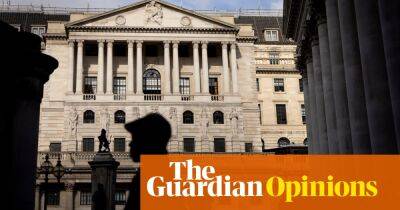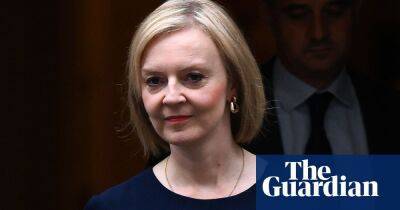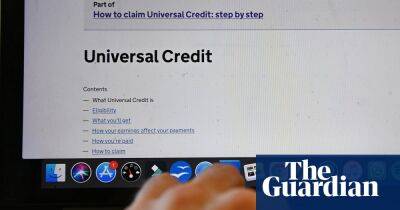Talks with power firms are stuck – but if they are to succeed they need to happen soon
How is the government getting on with its negotiations with electricity generators to lower the wholesale price of energy? These negotiations, in case anyone has forgotten amid the current chaotic state of policymaking, were an absolute priority a month ago.
Kwasi Kwarteng, in his last weeks as business secretary, got the show rolling by warming up nuclear and renewables firms to expect a switch to new 15-year fixed-price contracts at below current wholesale prices. The case for reform, voluntary or otherwise, was almost unanswerable. Many of these generators – the ones operating under old-style incentives to encourage investment in solar, wind and biomass projects – are the accidental beneficiaries of sky-high gas prices. New contractual terms were, in effect, the government’s alternative to a windfall tax.
The ambition became a firm policy on 8 September, when Liz Truss announced the government’s two-year “energy price guarantee” for households. New electricity supply contracts, it was argued, would make the guarantee more affordable for the public purse. A new energy supply taskforce was established within the business department to hammer down the details and seemed to get off to a flyer. The chief executive of Centrica, owner of a 20% stake in the UK’s nuclear fleet, declared he wanted his company to be the first to sign a new-style contract. EdF, owner of the other 80%, followed. The mood music was excellent.
And now? The tone is very different. “Talks are stuck,” says one renewables industry source. “Discussions are taking place, but not the hard yards of an actual negotiation,” says another. Meanwhile, the FT reports that the government is threatening the relevant energy firms with a cap on their revenues unless
Read more on theguardian.com



















